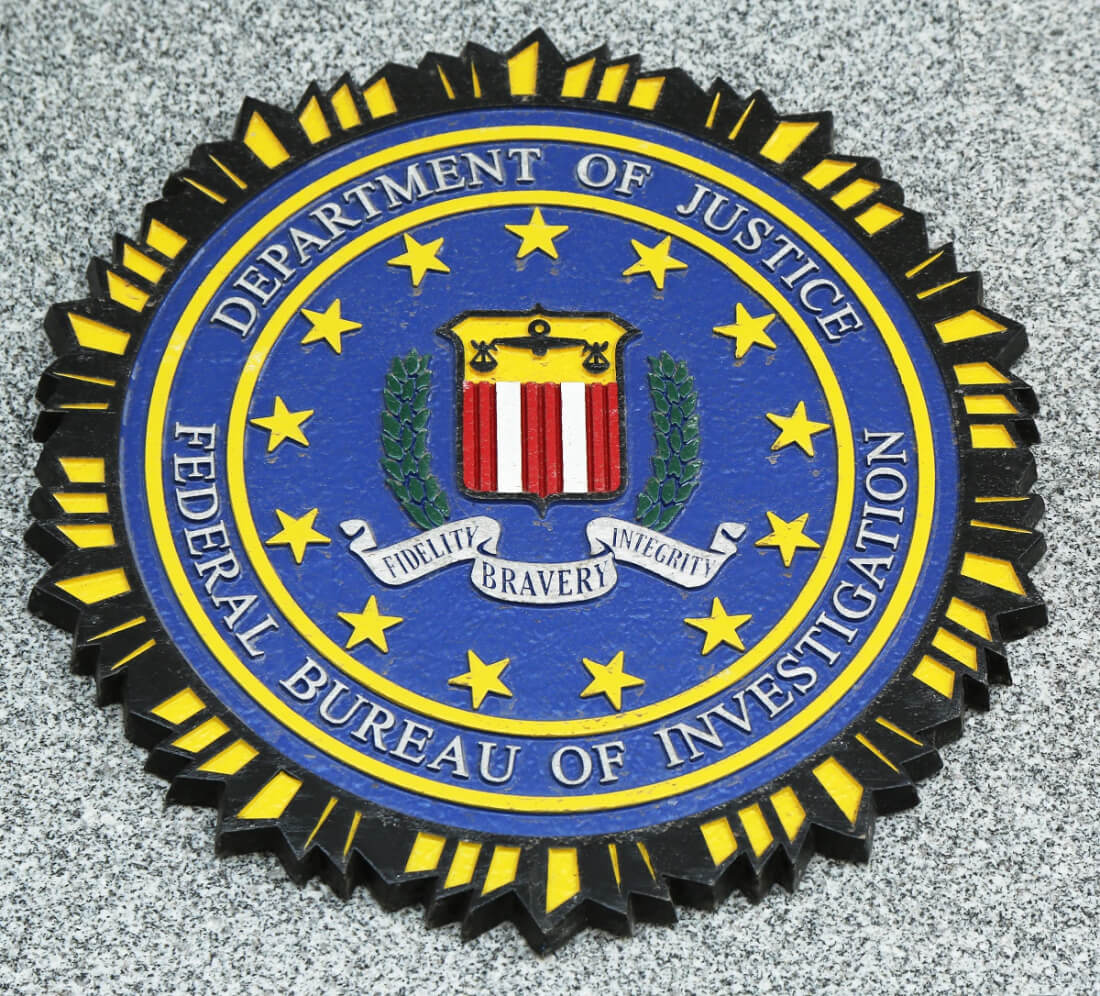A Government Accountability Office report released back in May revealed that several US agencies, including the Pentagon, still used ancient "legacy" IT systems. But according to a new lawsuit, the FBI deliberately employs these decades-old computers to hinder public requests made under the US Freedom of Information Act (Foia).
Foia law states that agencies must "make reasonable efforts to search for the records in electronic form or format." But in a report by The Guardian, Foia researcher and Ph.D. candidate at MIT, Ryan Shapiro, says the use of the FBI's legacy systems mean searches for information requested by the public often fail "by design."
The FBI uses the limited Universal Name Index (Uni) search function of its 21-year-old Automated Case Support (ACS) system when handling Foia requests. The DOJ claims this method is all that's necessary to fulfil the law, even though Uni frequently fails to find what it is looking for as it doesn't conduct full-text searches of documents.
According to Shapiro, the FBI "almost always refuses" to use the two other ACS search programs, which are more advanced, when processing Foia requests. It's also extremely unlikely to use its newer, $425 million Sentinel software. The FBI claims using these systems would yield the same results as Uni, and be "unduly burdensome and seriously wasteful of FBI resources."
"The FBI's assertion is akin to suggesting that a search of a limited and arbitrarily produced card catalog at a vast library is as likely to locate book pages containing a specified search term as a full-text search of a database containing digitized versions of all the books in that library," Shapiro said. "Simply, the FBI's assertion is absurd."
As noted by The Guardian, The FBI's chief technology officer during Geroge W Bush's second administration, Jack Israel, was also a critic of ACS. "It's based on an IBM mainframe with legacy database and programming technology, and I would say one of the main things that strikes you as a user of ACS is that you're dealing with the old IBM green screens. You're not dealing with a web-based environment, which everyone is used to from the internet."
Back in January, US district judge Randolph D Moss ruled in favor of Sharipo in a separate case, saying that the FBI's current policy was "fundamentally at odds with the [Foia] statute."
Sharipo hopes his latest lawsuit will help change the FBI's policy. The agency repsonded by saying Shapiro's work is a national security threat.
Image Credit: Leonard Zhukovsky / Shutterstock
